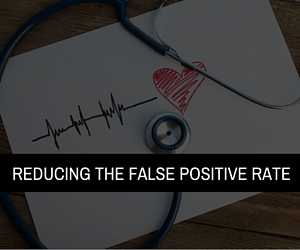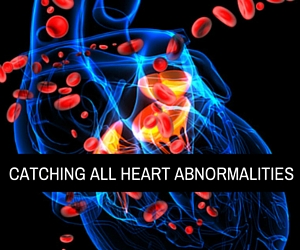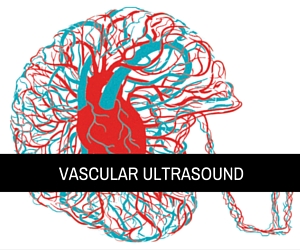UNSUSPECTED HEART CONDITIONS ARE A SERIOUS THREAT TO YOUNG ATHLETES. EARLY DETECTION THROUGH CARDIOVASCULAR TESTING IS THE BEST WAY TO PREVENT SUDDEN CARDIAC ARREST IN YOUR STUDENT ATHLETES.
Diagnosis empowers athletes and their athletic trainers, coaches, and parents to make important decisions to effectively manage their health, whether that means undergoing further evaluation or surgery to fix a defect, coming to terms with physical limitations, or being aware of a condition that may carry risk months, years, or even decades down the road.
Pre-participation physical evaluations are not enough to protect student athletes. Many kids do not know their family history or parents themselves may be unaware they have a condition they have passed down. In the majority of cases, there are no warning signs prior to a cardiac event. Symptoms are oftentimes unrecognizable to a student athlete or he/she may not report them out of fear of being pulled. Administering diagnostic tests is the best way to safeguard against tragedy.
Our comprehensive testing program includes cardiac testing—both EKGs and echocardiograms—to detect asymptomatic heart abnormalities that can lead to sudden cardiac death and vascular ultrasound to identify vascular conditions common to athletes, such as blood clots. All tests are non-invasive and involve no radiation exposure.



